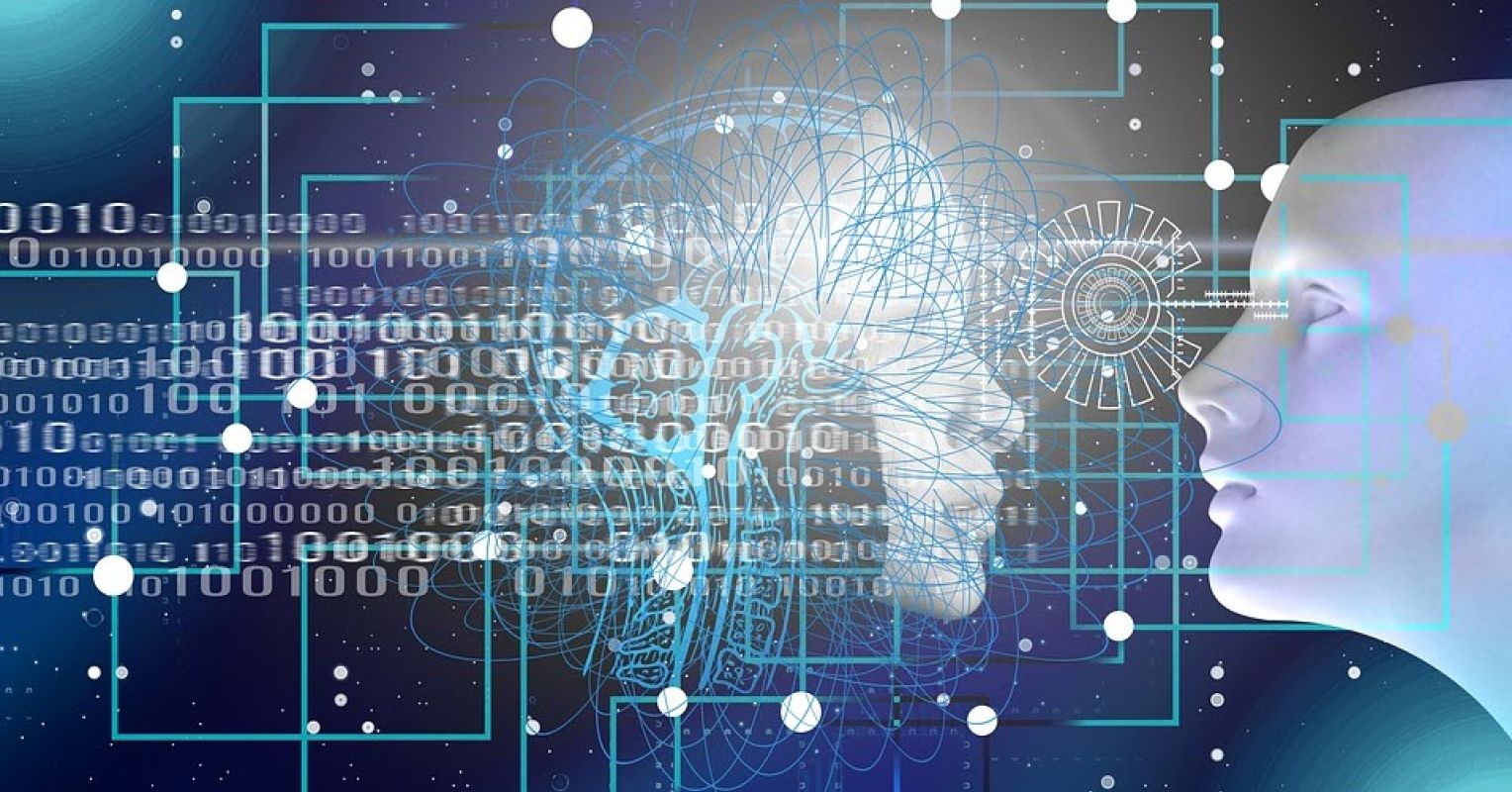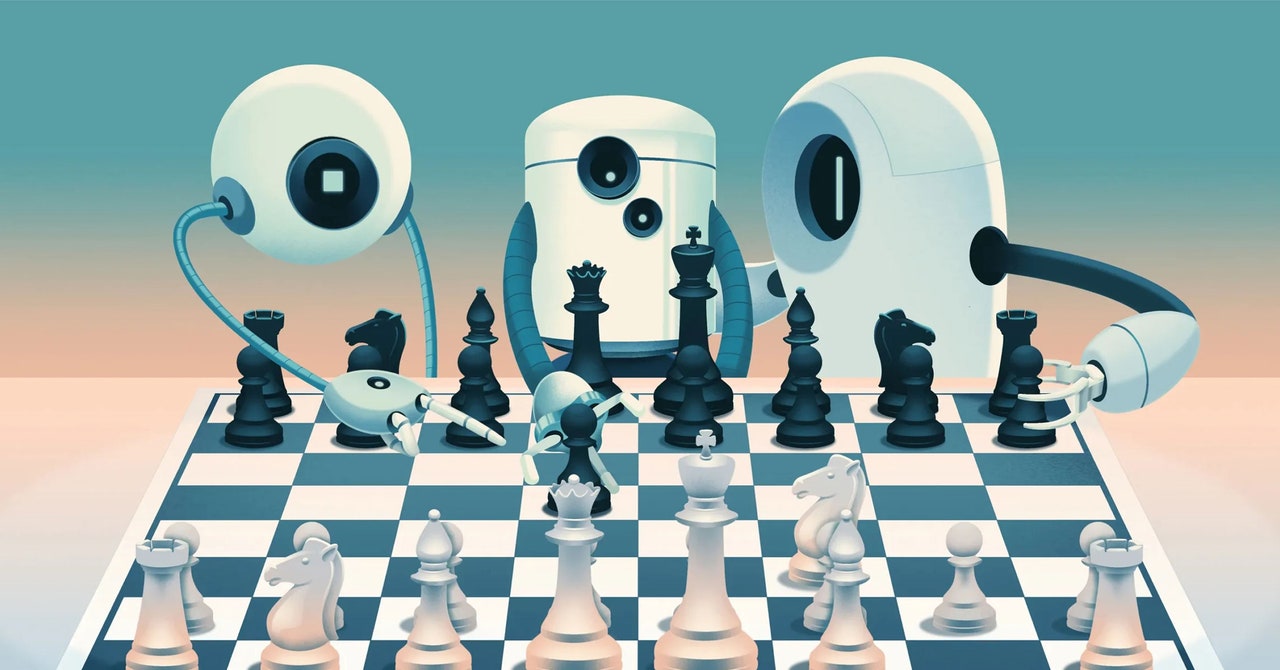A recent study published in Molecular Psychiatry unveils a novel artificial intelligence (AI) machine learning algorithm created by the University of Tokyo and their collaborators. This algorithm has the capability to forecast the likelihood of psychosis based on brain images.
Psychosis, as defined by the National Institute of Mental Health (NIMH), encompasses symptoms like delusions, false beliefs, and hallucinations that influence an individual’s perception of reality. NIMH approximates that each year, between 15 to 100 individuals per 100,000 will develop psychosis. Preceding the onset of psychosis, individuals may exhibit behavioral changes such as social withdrawal, diminished personal hygiene, difficulty distinguishing between reality and fantasy, impaired logical thinking, paranoia, suspicion, sleep disturbances, and other related manifestations.
The causes of psychosis can vary widely, ranging from genetic predispositions to brain developmental irregularities, exposure to stress or trauma, underlying mental health conditions like severe depression, bipolar disorder, and schizophrenia, sleep deprivation, or substance abuse. Moreover, psychosis can manifest as a symptom of other disorders such as Alzheimer’s disease, dementia, and Parkinson’s disease.
Timely detection of psychosis often leads to more positive recovery outcomes, as highlighted by NIMH. Therefore, the ability to predict the onset of psychosis before an individual experiences a psychotic episode through AI machine learning could potentially enhance patient prognosis.
The corresponding author, Associate Professor Shinsuke Koike, Ph.D., from the University of Tokyo, in collaboration with research partners from 21 institutions spanning across various countries, emphasized the significance of the clinical high risk (CHR) paradigm in enhancing the early identification and prevention of psychotic disorders.
Utilizing MRI brain scan data from individuals at clinical high risk who later developed psychosis from 21 sites of the ENIGMA Clinical High Risk for Psychosis Working Group, the researchers devised an AI machine learning algorithm. This algorithm, known as XGBoost (eXtreme Gradient Boosting), is an open-source software library proficient in distributed gradient-boosted decision tree (GBDT) algorithms. The researchers crafted an AI classifier and scrutinized the weights to pinpoint crucial features for generalization.
The researchers noted that the classifier exhibited an accuracy of 85 percent on the training dataset and 73 percent on the independent confirmatory dataset.
Previous MRI brain scans of individuals at clinically high risk for psychosis have revealed structural disparities in the brain, particularly reduced gray matter in the medial and superior temporal and medial frontal cortex. In this study, the scientists identified the superior temporal, insula, and superior frontal regions as pivotal brain areas that significantly contributed to the algorithm’s classification of healthy controls from high-risk participants who subsequently developed psychosis.
The findings suggest that baseline MRI scans for CHR individuals, when considering adolescent brain development, could offer valuable insights into their prognosis, as concluded by the researchers.
Copyright © 2024 Cami Rosso All rights reserved.










